What Does Lunar New Year Mean to You?
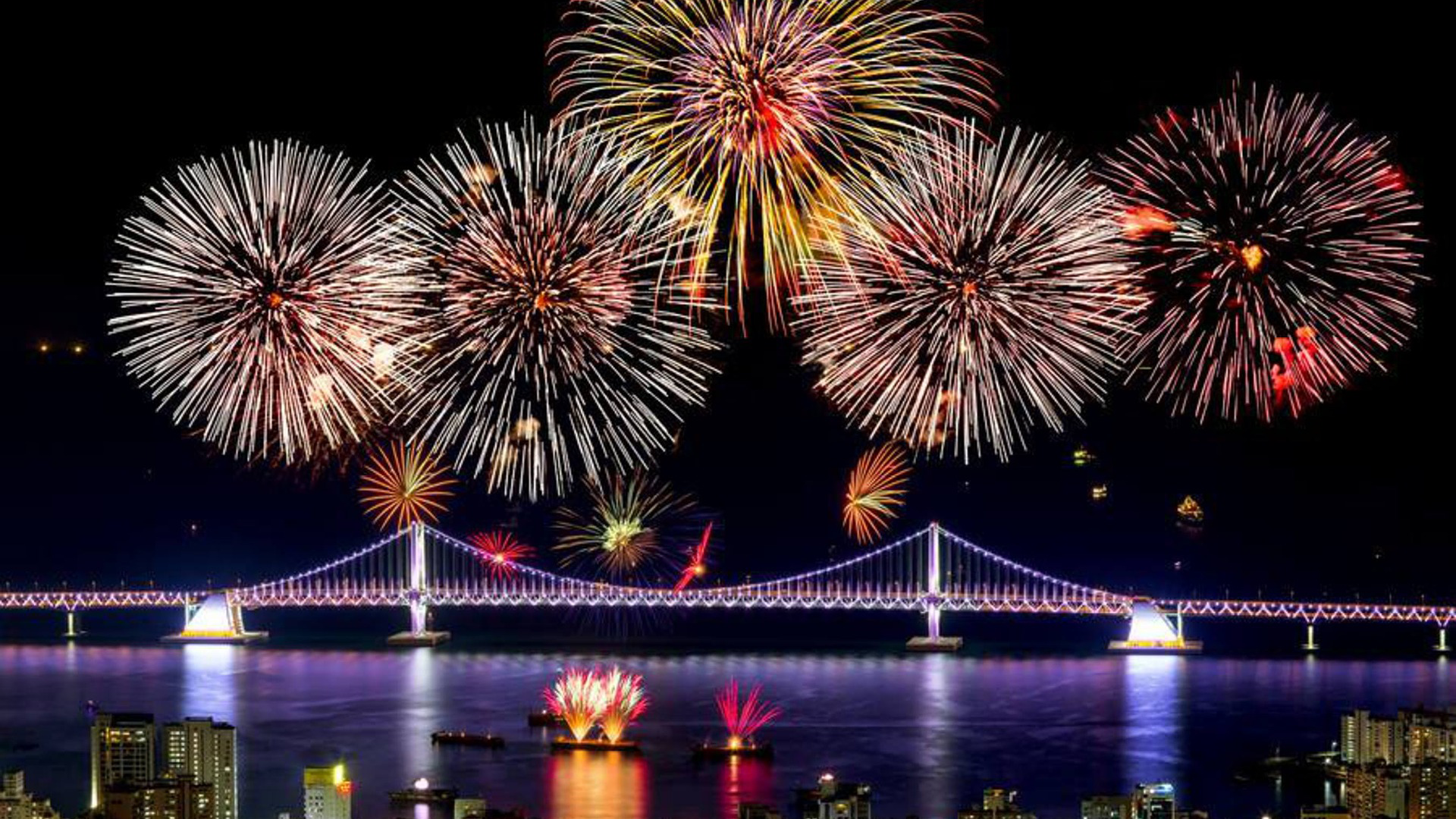
Photo: Taken at Korea's Lunar New Year Celebrations
The Lunar New Year is celebrated in many Asian countries, including China, South Korea, Vietnam, Singapore, Malaysia and more! Festivities focus on family, friends and food! Dive into our students’ perspectives on how they celebrate the season.
Zhichun Qi: Reflections on Lunar New Year Celebrations
In my country, people all expect the special greeting: “Happy Spring Festival!”. For us, the Spring Festival, one of the most significant festivals in China and some other Asian countries, it is the beginning of a new year. It symbolizes reunion, prosperity, and new hopes for the future.
New Year's Eve means erasing all the bad things of the past in Chinese. A bunch of people gather to knead the dough and chop meat for making dumplings. Boil a pot of water and pour in the freshly wrapped dumplings. They float up and down in the boiling water. Some of the wrappers do not stick firmly, and the meat filling is coming out. Everyone laughs and speculates whose masterpieces those broken dumplings are. There are one or two washed coins hidden in the dumplings. Whoever eats the special dumplings by chance will not be annoyed even though their teeth hurt. This indicates good luck throughout the coming year. Tasty dishes fill the table, and aromas float all over the house. After some children say a few auspicious words, we begin to enjoy the food. "Cheers!" With the clattering sound of glasses, we say hello to the new year.
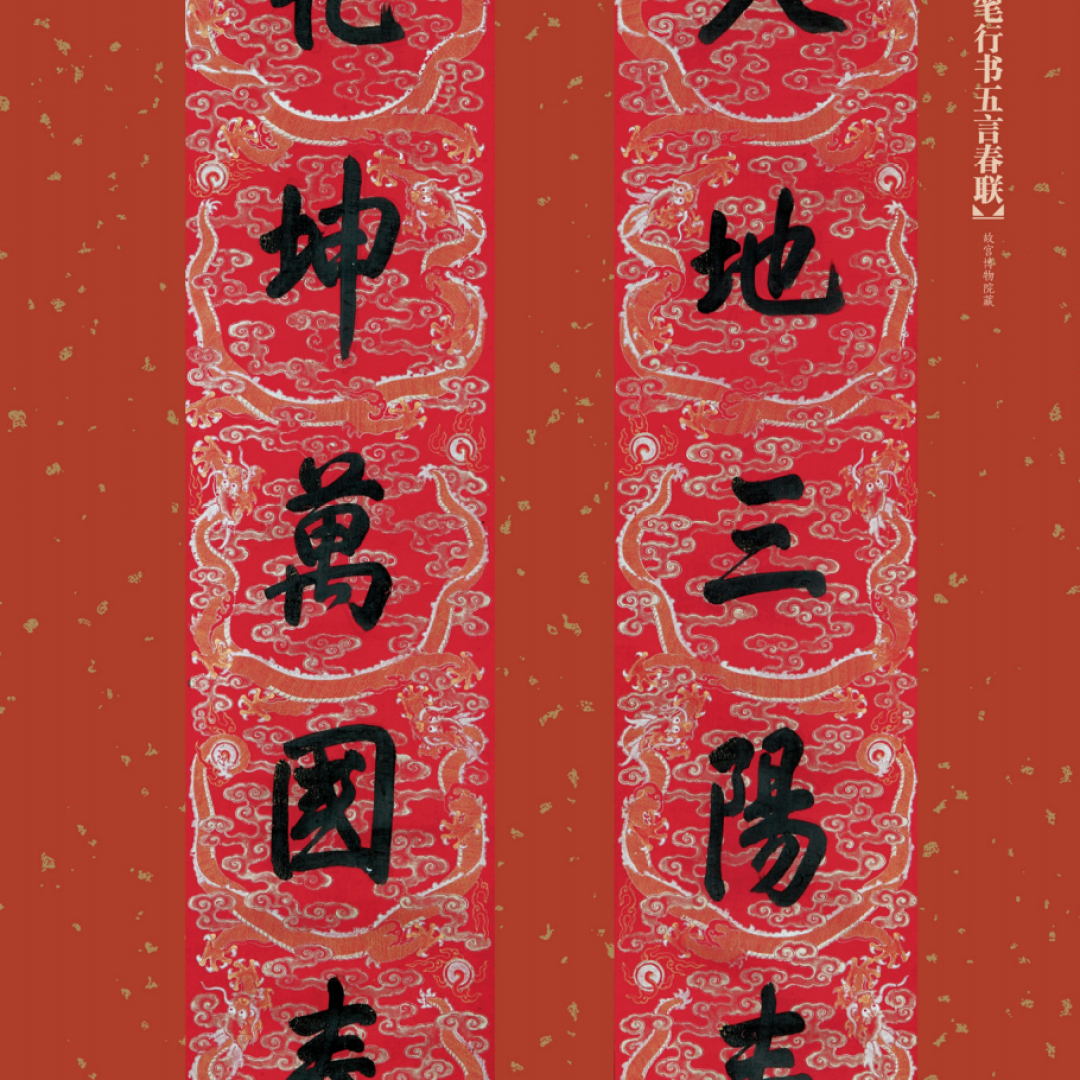
Posting Spring Festival couplets on the door after the New Year's Eve dinner is a tradition coming down from the past. Spring Festival couplets are paired phases written on red paper in black ink with beautiful wishes that will lock the bad luck of the upcoming coming year. I still remember that during the Spring Festival, my mother stepped on the chair to stick the Spring Festival couplet on each side of the door frame. My father and I stood a little farther away to ensure they were neatly vertically stuck. We had different ideas about the best place, so it took a long time to attach the Spring Festival couplets every time.
At that time, what comes to mind, is that this is the Spring Festival. It is delicious cuisine with broad smiles, and it is the deafening sound of firecrackers and lion dancers. The Spring Festival is a spectacular welcoming ceremony for the new year.
Looking forward to the new year is not because it will only have sunny sides, but we are being liberated from the endless annoyances in the past and have enough power to move into the future. Things will get better, and our stories are just beginning.
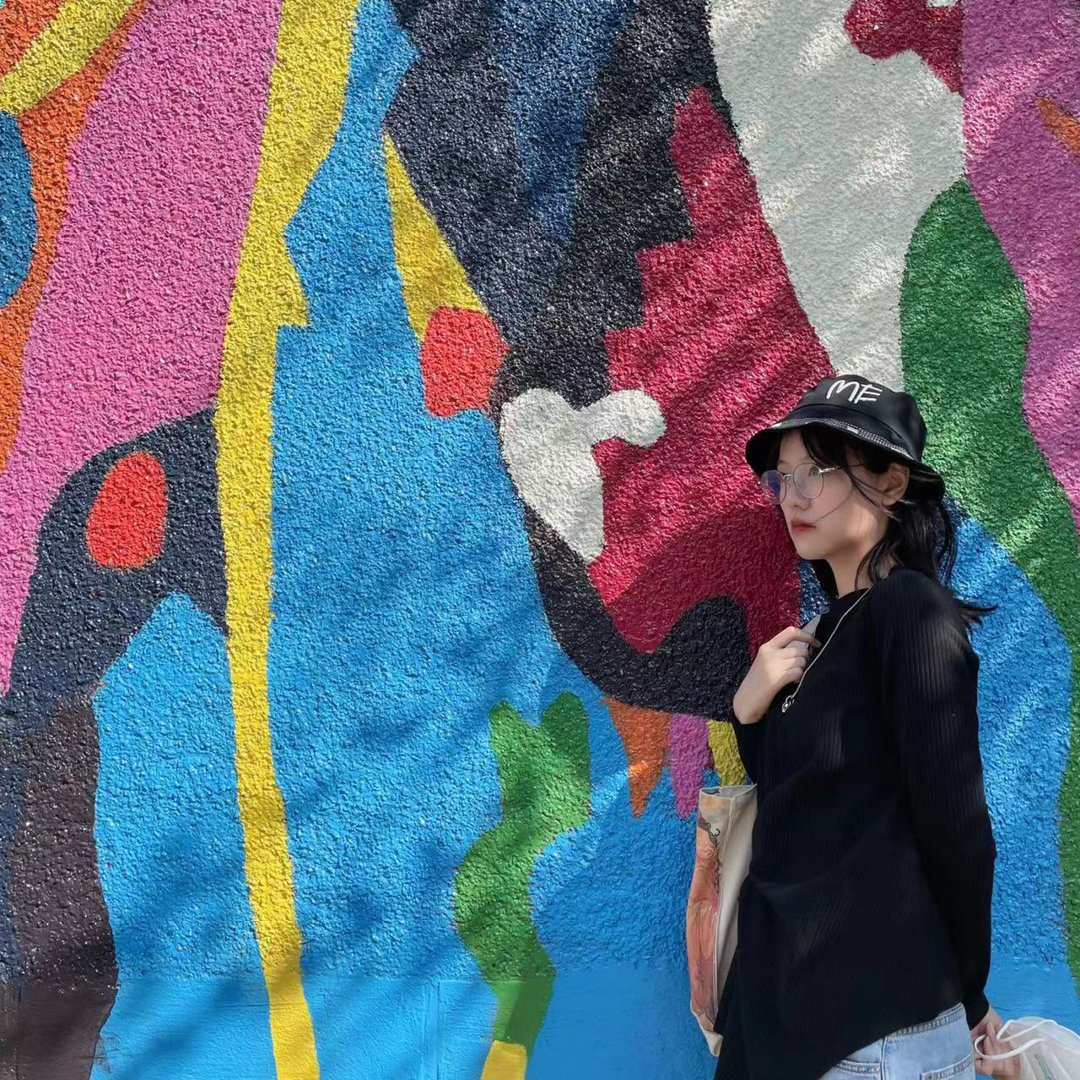
Zhichun Qi
Faculty of ALES - Family Science
Bingxin Hai: Reflections On Lunar New Year Celebrations
For me, the Chinese New Year, also known as the Spring Festival, is a time for a family reunion. Before coming to Canada from Beijing, I celebrated the Chinese New Year with my family in the traditional way. We gathered on New Year’s Eve to enjoy a large meal that includes pork, fish, vegetables, and most importantly, dumplings! We dipped dumplings in garlic-soaked vinegar. Soaking garlic is a festival custom that my family does on the eighth day of Lunar December. We ate and chatted while watching the Spring Festival Gala until midnight. Then we all went out and set off firecrackers (at a location far from the city centre) that are supposed to scare off monsters and bad luck.
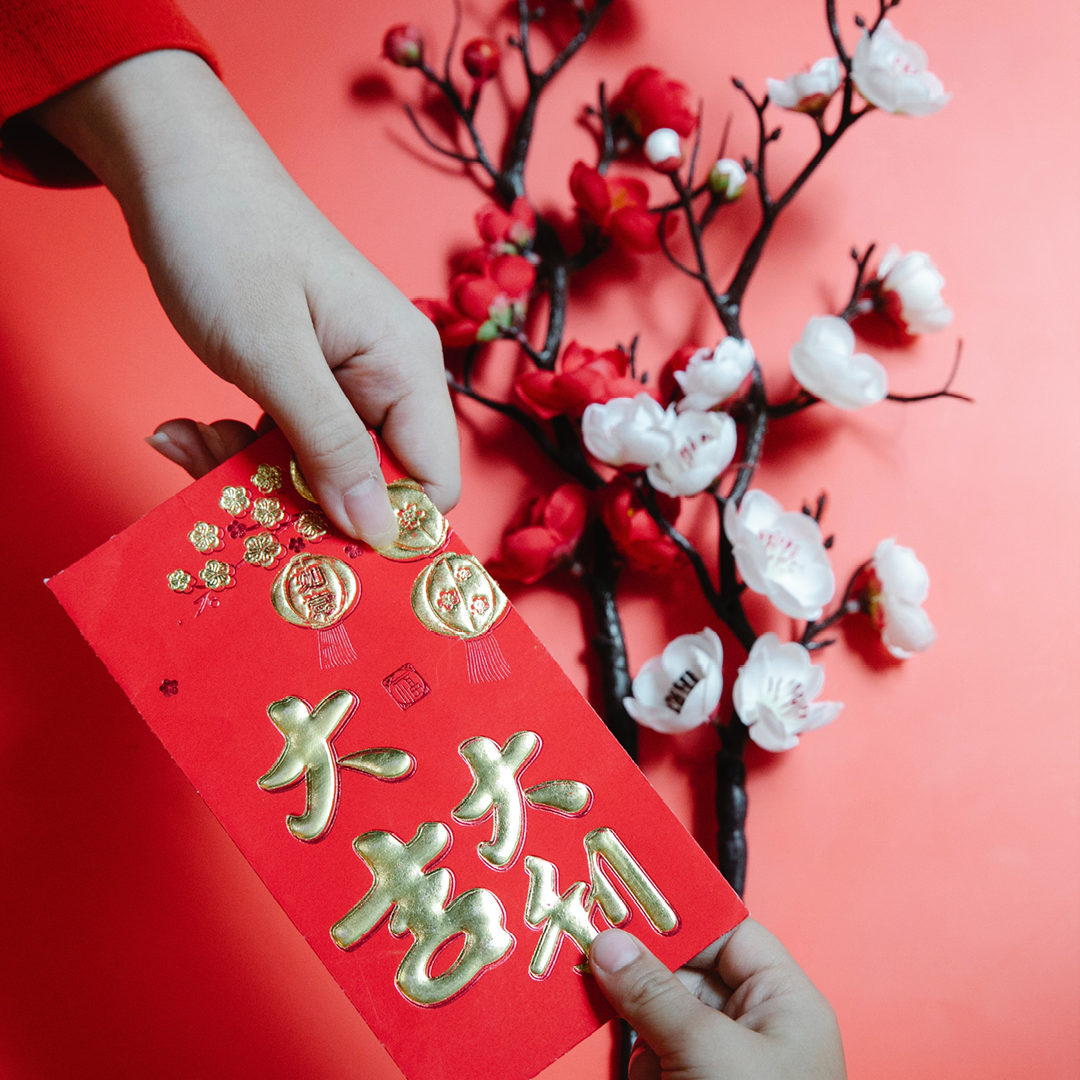
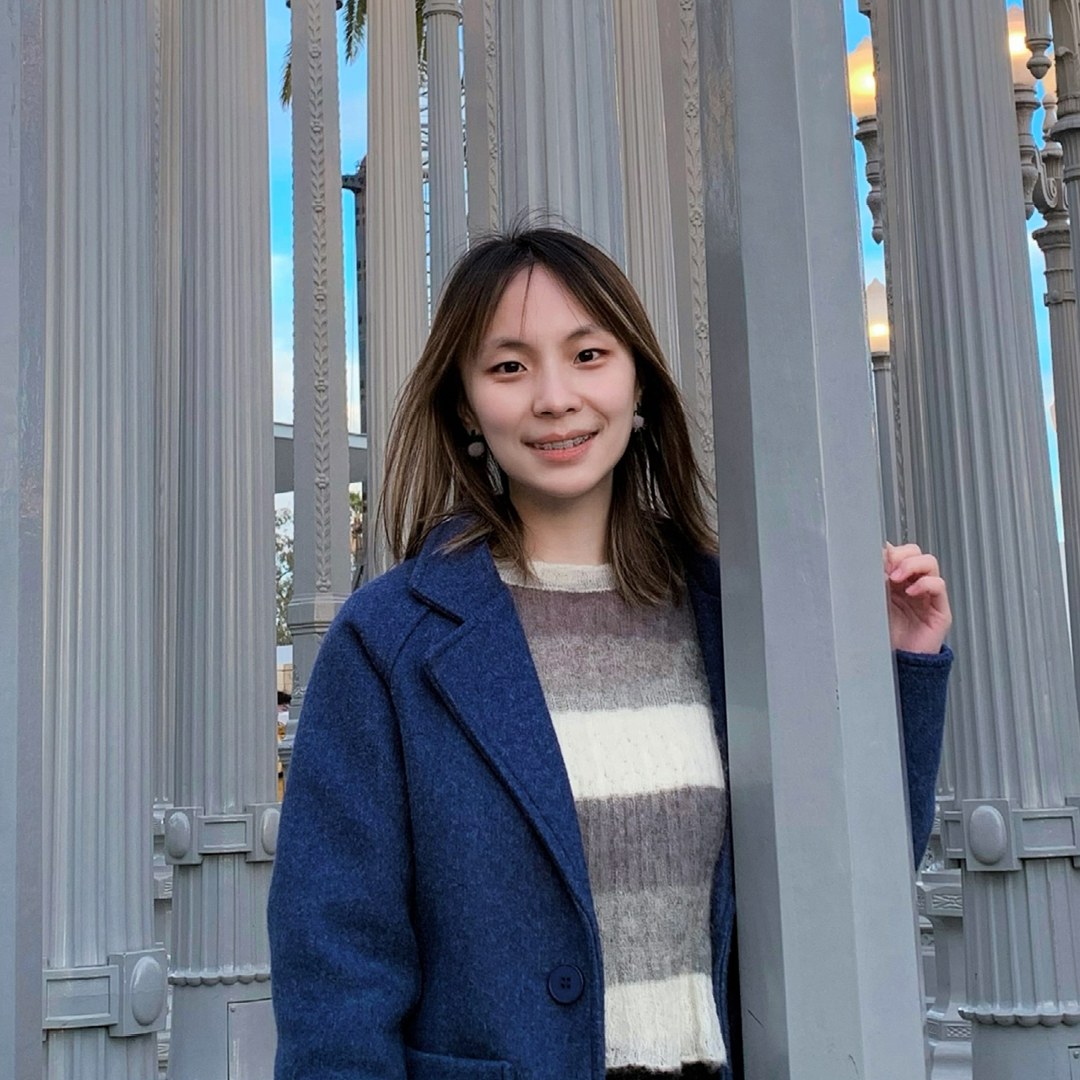
Bingxin Hai
Vice-Chair - AFNS Graduate Students' Association
Master's student - Bioresource Technology | Alberta Biojet Initiative
Meijun Chen: Lunar New Year Celebration Reflections
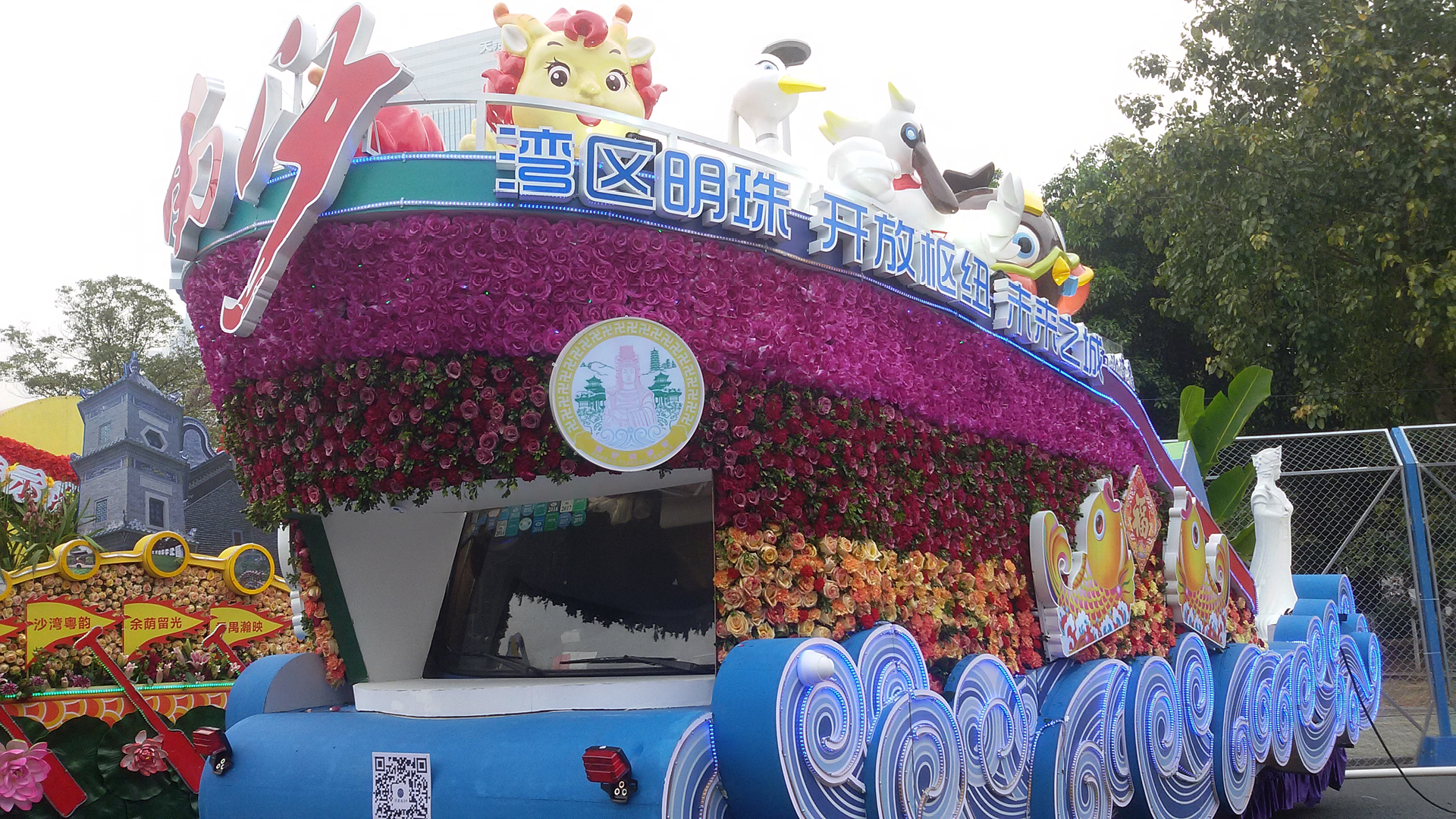
Photo credit: WikiCommons
Chinese Lunar New Year is a time for family and friends to gather together to celebrate the start of the lunar new year and the spring. I learned many traditions from my family to celebrate the Chinese Lunar New Year, and I would definitely love to share! Growing up in a city nicknamed "Flower City," my family and many other Cantonese families would go new year shopping and buy flowers to decorate the home, wishing for a beautiful and prosperous new year ahead. The elders in the family would give out the red envelopes ("lucky money") to the younger generations of the family; the colour red is the lucky colour in China, and the red envelope contains the elders' blessings and best wishes for the young. A housecleaning before the new year is necessary because that symbolizes we are ready to embrace the fresh start of the new year. How could we not talk about food when we come to celebrate the new year? Not only do we make the food delicious, but we also make the food out of all the good wishes; several dishes are a "must-have" on the new year's dining tables with the good meanings behind them. For example, the Cantonese pronunciation of celery is very close to "hard-working." The pronunciation of green onion is close to "smart"; the pronunciation of fish means you would always have a surplus and prosperity. The pronunciation of shrimp is close to the happy laughter "Ha!"; and there are many more! I hope this helps you get to know a bit more about how Cantonese families celebrate the Chinese Lunar New year—wishing you a healthy, happy, and prosperous year of the Tiger!
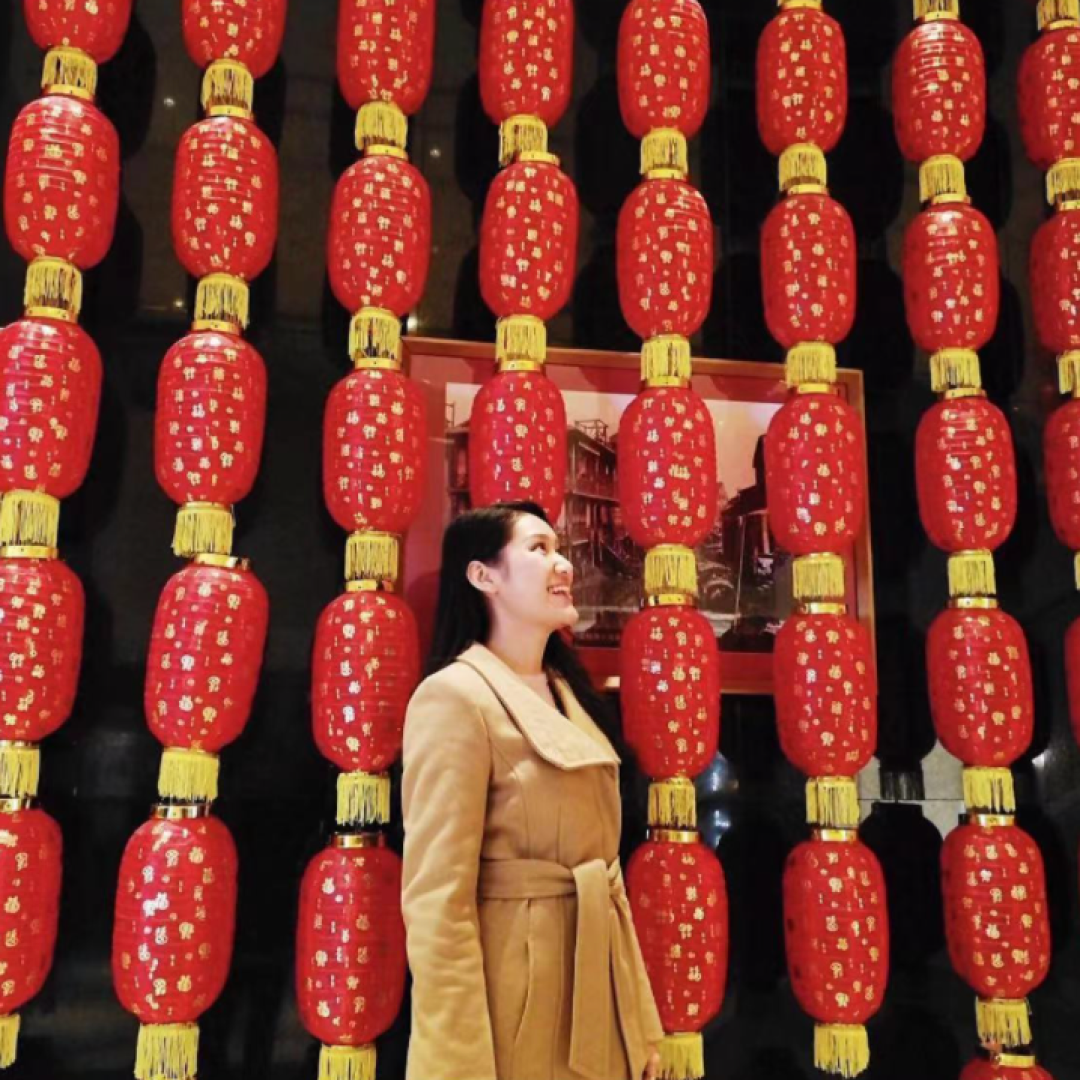
Meijun Chen, MMus
Doctor of Music student, Graduate Teaching Assistant
Department of Music
Truc (Tina) Huynh: Long-Distance Calls: How I Celebrate Tet Holidays Far Away from Vietnam
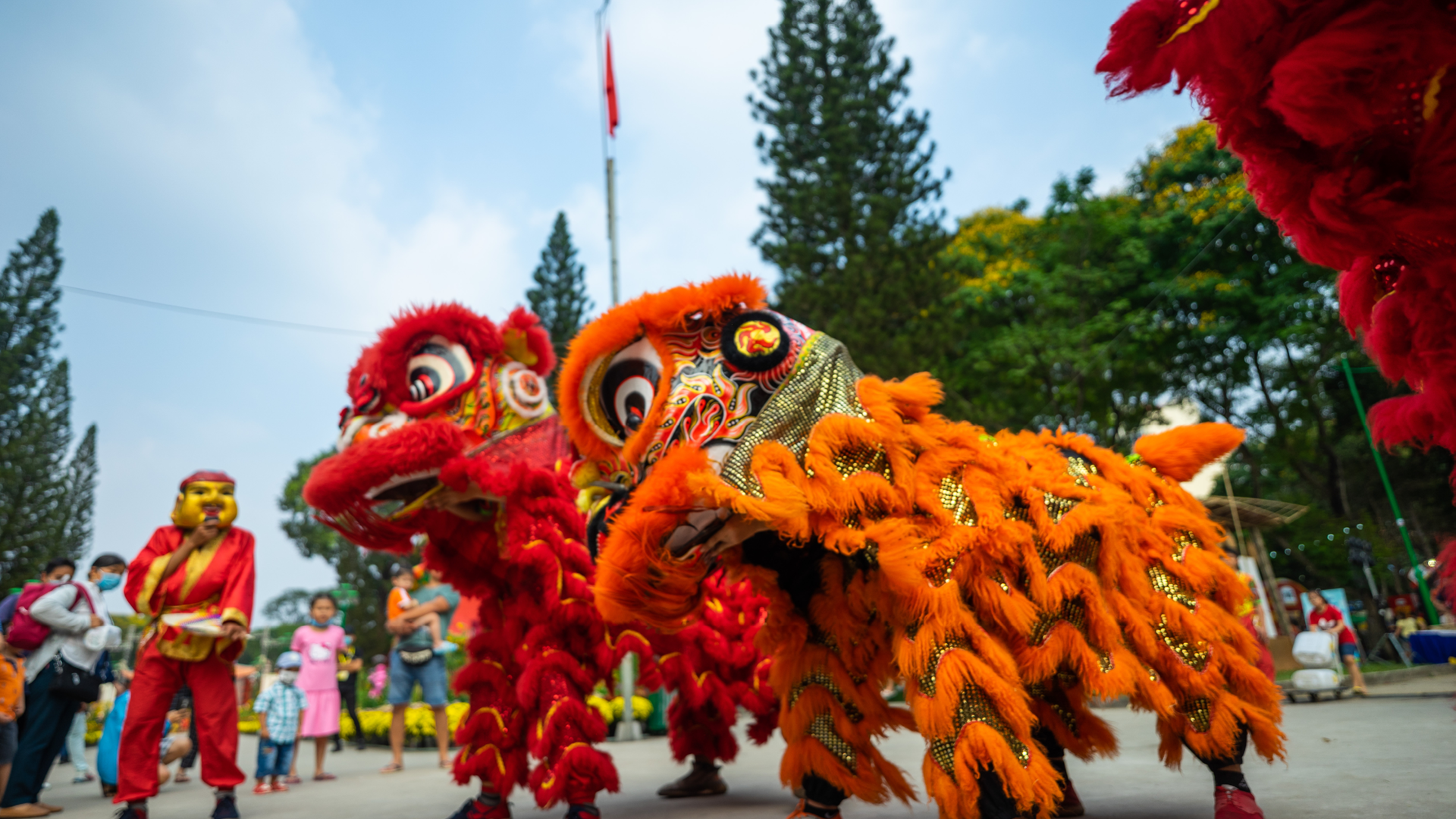
It is the 30th of December on the Lunar calendar. Around this time, many households in Vietnam are busy shopping in preparation for celebrating the Lunar New Year. It is a great time for little children to anticipate the holiday break and red envelopes. It is a delightful time for many parents and grandparents to see children or grandchildren at the family gathering wishing each other happiness and prosperity. And for me, it is a regular working day after my university graduation in Canada.
Hi, my name is Truc. I come from Tra Vinh City, Vietnam. I came to Canada in grade 9, and this is my 9th year living in Canada. It is surprising how fast time goes by, but this is the ninth year that I haven't gotten a chance to go back to Vietnam during a Tet Holidays. When I was in school, I would be busy with schoolwork, midterms, assignments deadline, and other extracurricular. Now that I graduated, I am now occupied with work. Nevertheless, that does not bring an end to my small Tet celebration.
To me, the Tet holiday means a family reunion, and a family reunion does not have to be seeing each other in person or shopping for candies and new clothes or decorating your house. It can simply be a long-distance call. Now, how does that make it different from the regular calls that I would make every week to my parents? Well, the meaning is different because calling my parents for a check-in every week definitely has a different meaning than calling them to wish them a great coming year with good health, good wealth and prosperity. So that's what I did.
On top of that, I am not only calling my parents. I call my grandparents, my Chinese teachers, my colleagues, my relatives, and distinct aunts and uncles. I call almost anyone who comes to my mind when I think of the Lunar New Year. I call all those beloved family members and friends that I haven't seen for so long. Thanks to technology, we can now make long-distance calls for free. Apps like WhatsApp, Viber, messenger have made our lives so much easier to connect with others living far away from us. For some people, you might feel like you are missing out on a lot of the traditional celebrations, but I personally think that I have to do what works best with my current life. Many things could change, but I would say that human connections do not change. And as long as you still keep that connection through something each of us has in common, I think that is the meaning of celebrating a traditional culture such as the Tet Holiday. On that note, I bet you would be guessing if I got any red envelopes, hey? Yes, I did. Not as much as when I was little, but it is enough to warm my heart and put a smile on my face. What I mean is, by the time you start making your own money, the amount of money you get from elders is not something you care about so much anymore. What can be more worrisome is you might be getting one less each year because someone you know might have passed away. Thus, it is pure happiness to receive envelopes and know that the people on the other end are doing well, especially during this pandemic time.
I thought I could end this with the one big lesson that I have realized over many years away from my home country. Things can change over time. The way you celebrate a culture might not be the same as how you celebrated it when you were little. However, do your best! Do whatever it takes to carry on your culture and share how you used to do it with your future kids during your childhood.

Truc (Tina) Huynh
BSc Honours Psychology